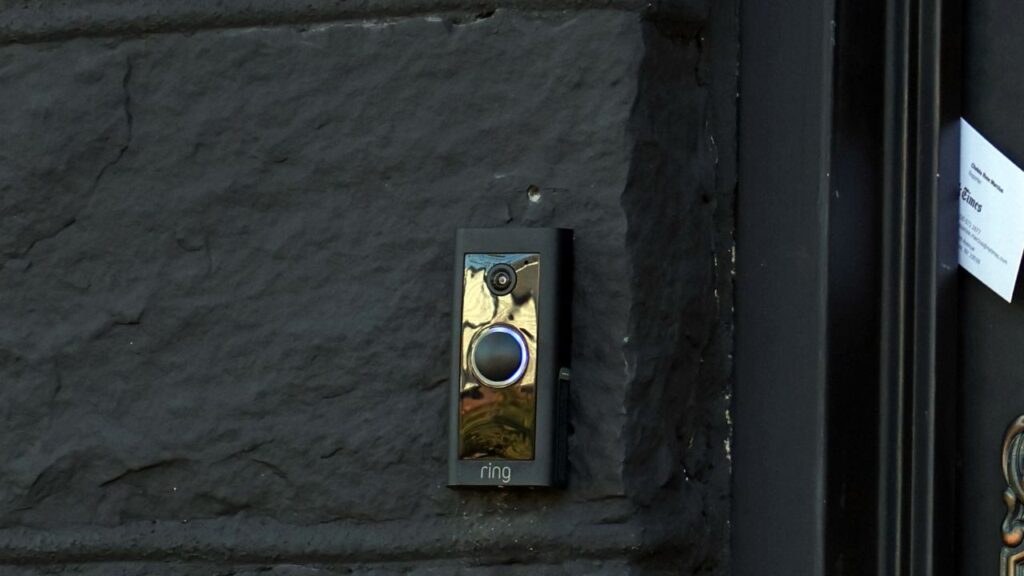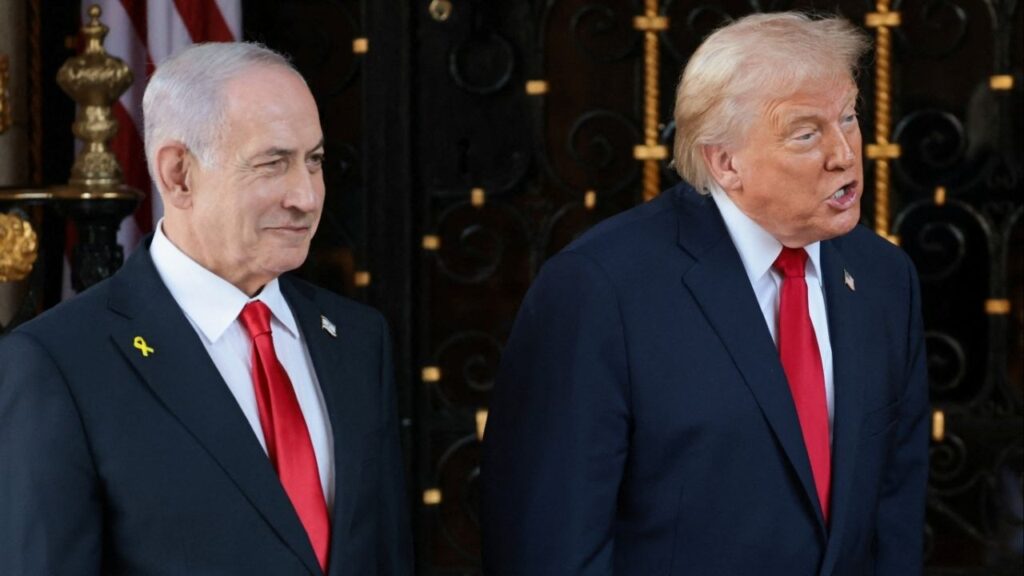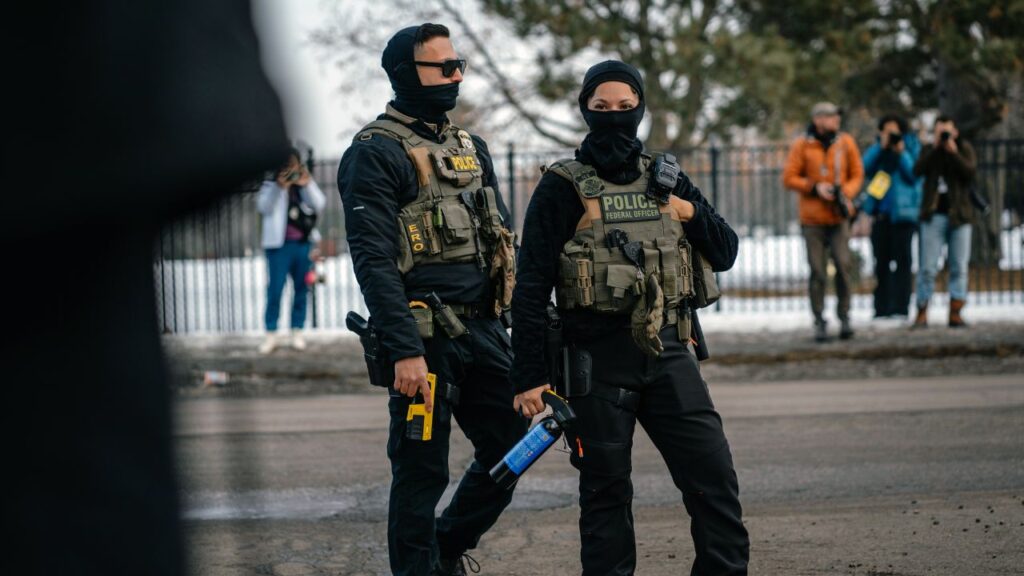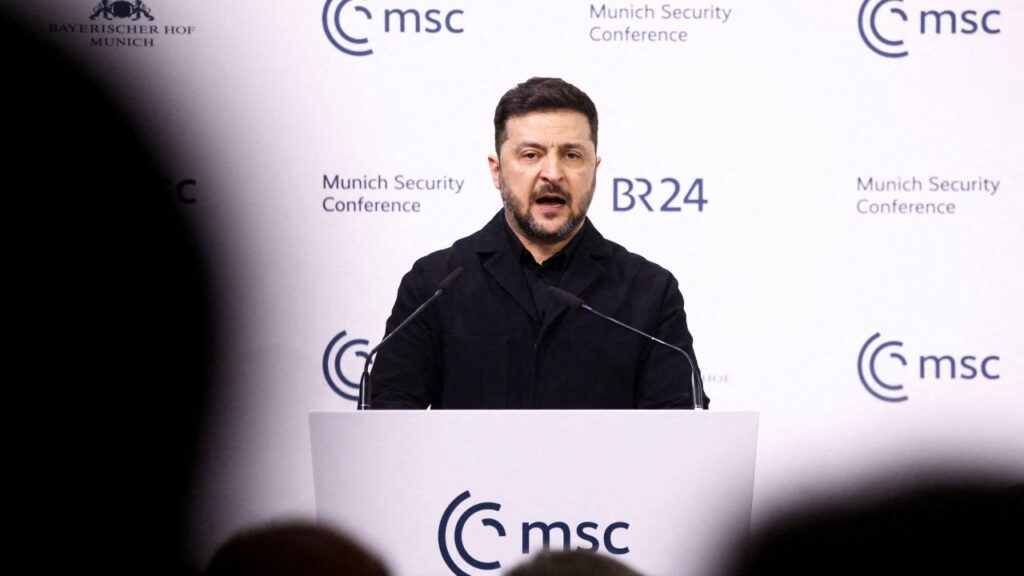As the possibility of a former President Donald Trump being imprisoned becomes increasingly plausible, Robert Pawlicki examines how other nations have navigated the unique challenges of incarcerating their former leaders. (Shutterstock)

- Leaders in at least 78 countries have faced jail or prosecution after leaving office since 2000.
- The U.S. is considering the imprisonment of a former president for the first time.
- Incarceration of a former president, while complex, is not an unsolvable issue.
Share
|
Getting your Trinity Audio player ready...
|
In 2021, former French president Nicolas Sarkozy was convicted of trying to bribe a magistrate and sentenced to three years in prison. Former Israeli Prime Minister Ehud Olmert served 16 months in jail after being convicted of corruption. South Korea’s President Park Geun-hye served nearly five years in prison following corruption charges.

Robert Pawlicki
Opinion
Prosecuting heads of state is more common, and imprisoning them is less logistically tricky than many might believe. According to Axios, leaders in at least 78 countries who left office since 2000 have been jailed or prosecuted.
Peru stands out as the most aggressive in incarcerating former presidents with convictions ranging from money laundering, paying kickbacks and human rights abuses. So commonplace have those charges and convictions been that the Peruvian government has built a prison specially designed for former presidents, now occupied by seven inmates.
The United States, which has long held itself above such crimes, is, for the first time, now engaged in considering the imprisonment of a former president.
Trump’s Legal Troubles and the Possibility of Imprisonment
The image of Donald Trump in orange prison garb excites, if not thrills, many ardent Democrats. That possibility becomes more likely with each passing day.
Related Story: The Latest | Defense Rests Its Case Without Trump Testifying in His Hush Money ...
Maybe not prison garb, house arrest or probation, but punishment in some form.
The number of Trump allies who have already been imprisoned or await prison is testimony to the increasing likelihood that Trump, too, is in serious jeopardy of incarceration. Michael Cohen, Steve Bannon, Peter Navarro and Allen Weisselberg, all in Trump’s inner circle, have either been imprisoned or found guilty and await prison. Former White House chief of staff Mark Meadows and Trump lawyer Rudy Giuliani are among dozens in serious legal threat of spending time behind bars.
In the three years since the Jan. 6 attack on the U.S. Capitol, 746 federal defendants have been arrested and had their cases adjudicated. Some 467 have been sentenced to varying lengths of incarceration. Those who were belligerent, hostile or non-contrite were given longer sentences.
The goal of the American justice system is to make decisions based on evidence. However, sentencing has additional considerations, with age, health, hostility and contrition being the most obvious.
Weisselberg, Trump’s former chief financial officer, is serving his second sentence at Rikers Island. Weisselberg is just one year younger than the former president. His lawyer pleaded for a shorter sentence given his age, lack of criminal record, military service, and many hours working with the Manhattan district attorney’s office.
Related Story: Trump’s Social Media Shares Campaign Video Touting a ‘Unified ...
In considering imprisonment for Trump, bear in mind that he has multiple convictions of fraud, no military service, no indication of guilt or contriteness, and has been anything but cooperative.
As of this writing, the former president has been fined for breaking gag orders in his first criminal trial and warned of jail time should he break the order again.
In calculating the probability of Trump going to jail or prison, his psychological state should be included in the assessment. Given Trump’s history of impulsive behavior and the physical demands of sitting passively for five or more weeks in his first criminal trial, the potential for jail time is real. The same risk will be present in future trials.
Trump could win the 2024 presidential election and alter many, if not all, of his federal verdicts.
There may be debate as to whether, if elected, Trump could pardon himself for federal crimes. However, state convictions are outside a president’s purview. While the incarceration of a former president seems complicated, maybe even daunting, unique problems of this sort have been solved before. Several state prisons and city jails in New York state, as just one example, have been closed or partially closed, leaving large sections of facilities available for modification should imprisonment be necessary.
Related Story: Michael Cohen Says He Stole from Trump’s Company as Defense Presses Key ...
The Practicalities of Incarcerating a Former President
If future criminal trials result in convictions, the practicalities of incarceration are solvable. Federal and state prisons have long separated prisoners who are vulnerable to harm from other prisoners and made other accommodations.
Many other countries have overcome the unique difficulties of incarcerating a former president or head of state. We can, too.
“You do the crime; you do the time” may soon be put to the test.
About the Author
Robert Pawlicki is a retired psychologist and author. He wrote this for InsideSources.com.



















